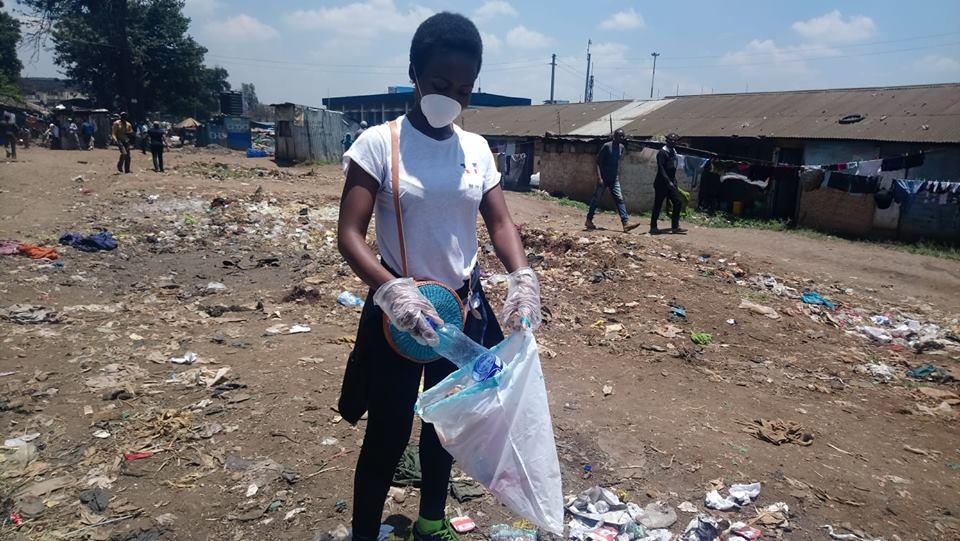Nairobi, 2 June 2020 – This World Environment Day, Greenpeace Africa will be screening The Story of Plastic, a new documentary directed and produced by Deia Schlosberg. This documentary exposes the astonishing global environmental, climate, justice, and health impacts of the plastic industry. The virtual screenings of the film will take place between the 3 and 5 June in honor of the World Environment Day which is commemorated under the theme It’s Time for Nature.
“Our team has been eagerly looking forward to this moment when we can share this film we poured our hearts and souls into with a global audience,” said Schlosberg. “We are particularly thrilled that movement leaders working on the front lines to fight the damage and injustice caused by the plastics industry will be able to screen the film and use it to engage their communities and supporters.”
The Story of Plastic depicts a global plastic crisis beyond anything most of us have imagined and reveals how our perceptions of it have been manipulated. The plastics industry is producing more single-use plastic than ever before and is working to increase production drastically. Through compelling reporting on three continents and original animation, the film exposes the causes and effects of the crisis but also introduces unsung heroes fighting to stop the mass production of plastic and to hold the industry accountable.
In June last year, President Kenyatta announced a ban on single-use plastic products in all protected areas as Kenya sought to curb the plastics hazard just two years after the country banned the use of polythene carrier bags. The ban is supposed to take effect on 5 June this year,
“Plastics have become a major scourge on the environment with many littering the oceans, forests and even blocking drainages. Around the world, one million plastic drinking bottles are purchased every minute, while up to 5 trillion single-use plastic bags are used worldwide every year. In total, half of all plastic produced is designed to be used only once — and then thrown away. With this ban, Kenya will be a step closer to fulfilling its commitment to fight against marine litter and ocean pollution, said Frederick Njehu, Greenpeace Africa’s Senior Political advisor.
“Half of all plastics waste emanates from plastic packaging, and much of it is thrown away within just a few minutes of its first use. When discarded in landfills or in the environment, plastic can take up to a thousand years to decompose. Greenpeace Africa is calling on the president to issue a total ban on all single-use plastics in all areas to curb the plastic crisis,” continued Njehu.
The plastics industry targets lower-income people in developing countries with cheap, single-use sachets exploding into the waste stream. It promotes false recycling solutions that put the onus on consumers and only recycle 2% of plastics. As a result, though we may not realize it, plastic pollution now pervades our oceans and the developing world, and plastics and the toxic chemicals used to produce them are now everywhere: in our food, water, air, soil, and our bodies. The public can RSVP for the film by visiting this link on the Greenpeace Africa website.”
Notes to the Editor
- Click here to RSVP for the screenings
- The filmmakers, film subjects and screening organizers are available for interviews on request. To arrange an interview or for more information, please contact Stephen Kent, [email protected], 914-589-5988
Media Contact:
Hellen Dena, Communication Officer – Greenpeace Africa, [email protected], +254 717 104144
 Get Involved
Get Involved
